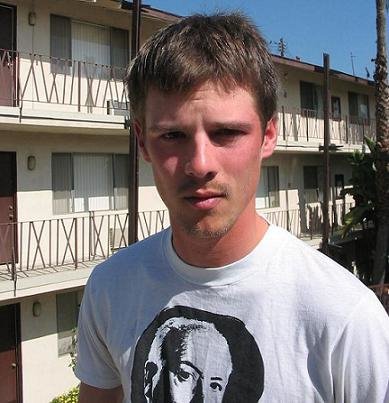The Adventures of Robin Hood(1938)
Directed by Michael Curtiz & William Keighley
Starring: Errol Flynn Robin Hood (Sir Robin of Locksley)
Olivia de Havilland Maid Marian
Basil Rathbone Sir Guy of Gisbourne
Claude Rains Prince John
Patric Knowles Will Scarlett
Eugene Pallette Friar Tuck
Alan Hale Little John
This is the finest Robin Hood legend ever committed to film. The only other Robin Hood type that I liked more would have to be Mel Brooks' spoof Men in Tights(note: I have not seen Douglas Fairbanks' Robin Hood{1922}. But I really want too). The first thing that one will notice is the elaborate color pallet. This was the first Warner Bros. feature to be in glorious Technicolor. And boyhowdy is it pretty. The bright colors really create and set the mood/tone of the piece. The color almost becomes a character in the film.
And is this movie chock full of great characters. Firstly, Errol Flynn is born to play this role. Sure the acrobatic/athletic nature of Flynn fit perfectly with the role, but what really strikes me and stays with me is his undeniable joy. Flynn seems to be fit to burst his exuberance is that grand. This makes his performance infinitely watchable. His Robin Hood is brash, daring, dashing, fearless and full of rash bravado:
Sir Guy of Gisbourne: Why, you speak treason!
Robin Hood: Fluently.
and
Sir Guy of Gisbourne: [during duel with Robin] Do you know any prayers, my friend?
Robin Hood: I'll say one for you!
When danger strikes fear never creeps up in Flynn's eyes. He just steals himself for battle. If his performance were all that there was to the movie that would almost be enough. But wait there's more.
Two terrific 'hiss-boo-hiss' villains portrayed with great relish by two terrific actors(Claude Rains and Basil Rathbone) provide Flynn's Hood with more than suitable foils. Ms. de Havilland gives a smart and brave(although not entirely clever) Maid Marian. She may be delegated to damsel in distress but Ms. de Havilland makes her MORE than a damsel in distress. And then there are the Merrymen, Alan Hale(as Little John whom me portrayed in the Douglas Fairbanks' version. Hmmm), Patric Knowles and Eugene Pallete give wonderful support to Flynn. Its like Flynn's joy totally infected the cast. These actors combine to provide one of the best cast/acted films Hollywood produced. Ever.
This group is right up there with Casablanca(1942), Rio Bravo(1959), and Pulp Fiction(1994) as my favorite casts to watch. I can watch these movies again and again for the cast/acting alone. They are that wonderful together.
The action(credit to Curtiz) is fast and fun. Whilst the more delicate moments(credit to Keighley) are handled with grace and poise. Both directors handled their assigned work beautifully.
The Adventures of Robin Hood. One of the greatest(arguably thee greatest) swashbuckling adventures ever. Highly Recommended.
July 27
Evening, Living room TV
-N

